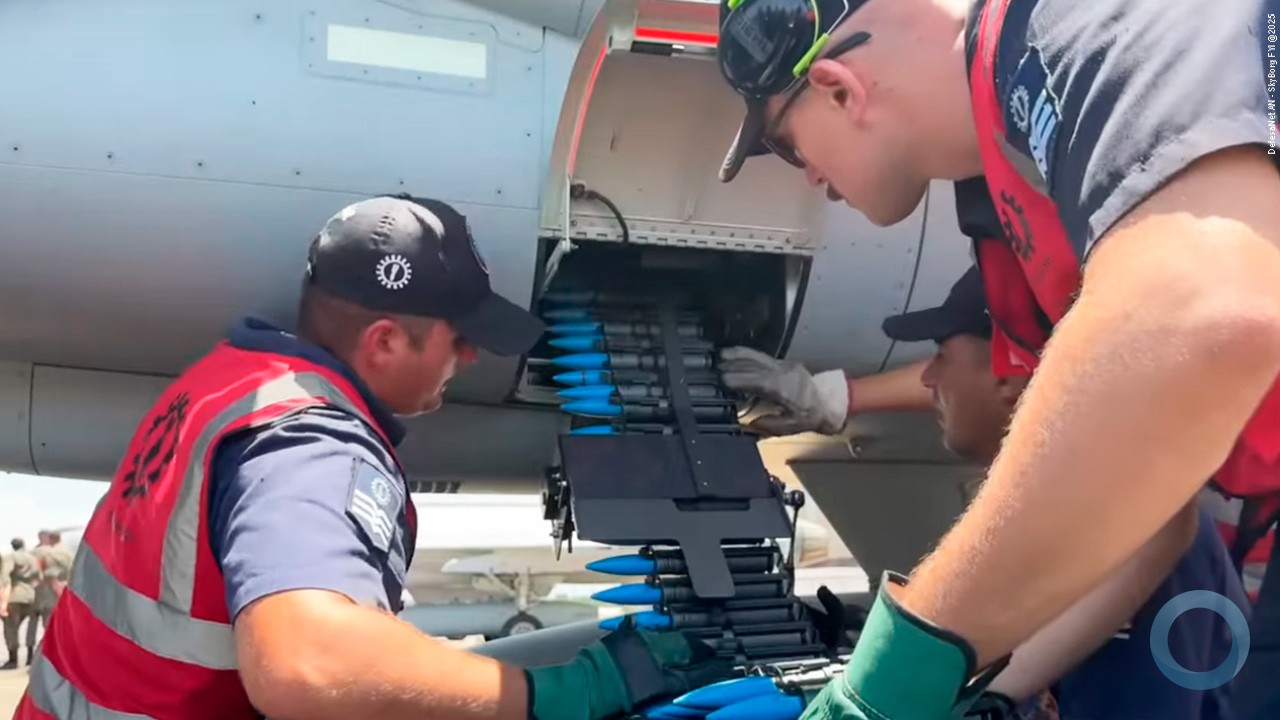President Jair Bolsonaro on Wednesday (Oct. 21) took part in the ceremony marking the beginning of scientific studies with the first light line of the Sirius project, at the National Center for Research into Energy and Materials (CNPEM), in Campinas, São Paulo state.

Linked to CNPEM’s National Laboratory of Synchroton Light (LNLS), Sirius is a fourth-generation particle accelerator, and is among the most modern ones on the planet.
The biggest scientific project developed in Brazil, Sirius can generate a special kind of light—synchroton light—of broad specter and extremely high intensity, which helps reveal the structure of a number of particle types, both organic and inorganic, and may be applied in multiple scientific fields, like medicine, biology, and agriculture.
Referred to as Manacá, the beamline is the first research station in use at Sirius, but it has been used emergencially since July to support studies linked to COVID-19. The goal is to attract proposals with other study objects.
“We have no words to describe this piece of work, but, for all of us, it materializes the future. This shows man’s capacity very well—especially the Brazilian engineer, the researcher, the scientist,” Bolsonaro said in a short address.
The new Sirius station is equipped with tools that can reveal the 3D structures of human proteins and enzymes as well as pathogens with resolutions that cannot be attained with conventional machinery. One of the techniques available can help reveal the position of each atom making up a given protein, its purposes and interactions with other molecules, which may be used as active ingredient in new drugs.
Laboratories
CNPEM runs three other world-famous laboratory open to the scientific and business community: the National Laboratory of Biosciences (LNBio), which conducts research into biotechnology and pharmaceuticals; the National Laboratory of Biorenewables (LNBR), which researches into biotechnological solutions for the sustainable development of advanced biofuels, biochemicals, and biomaterials, employing Brazilian biomass and biodiversity; and the National Laboratory of Nanotechnology, which carries out studies on advanced materials, with great economic potential for the country.
“This center, aided by so many other organizations, is capable of bringing Brazil up to state-of-the-art level when it comes to particle accelerators. Along with other laboratories, for biorenewables, nanotechnology, biosciences, this center can really raise Brazil in the biotechnology world and transform this center as a biotechnological hub,” Science Minister Marcos Pontes stated during the ceremony.
“We’re talking about whether we may have the Silicon Valley of Biotechnology somewhere near this region. Brazil’s unique features will enable it to stand out in a unique way, because of its biodiversity, its biomaterials,” said CNPEM Director-General Antônio José Roque da Silva.


































